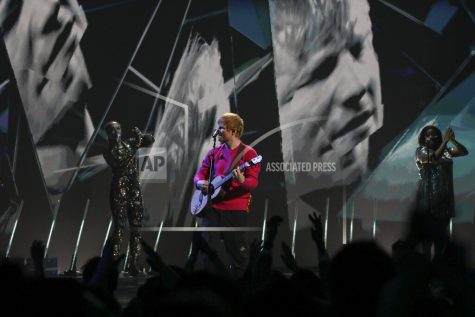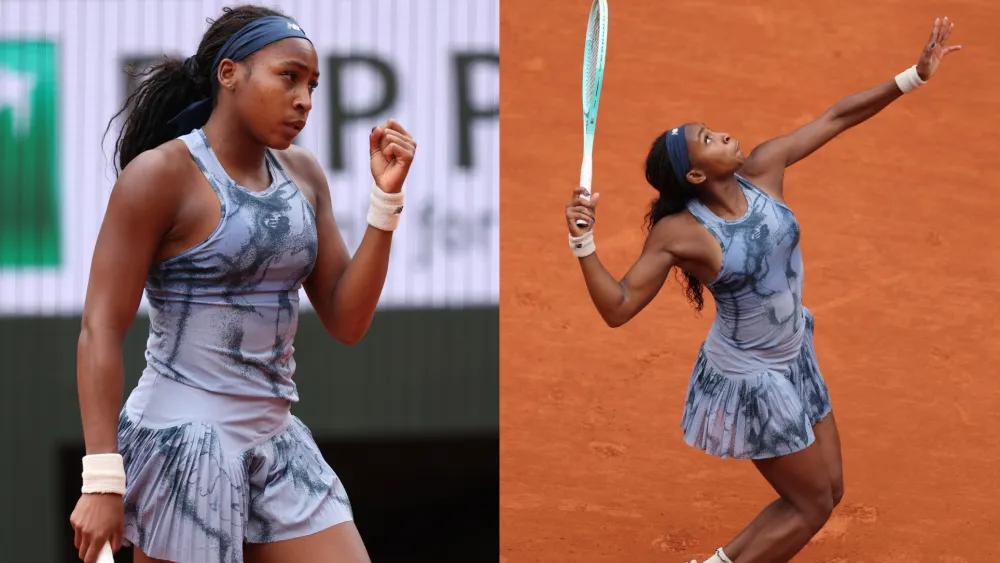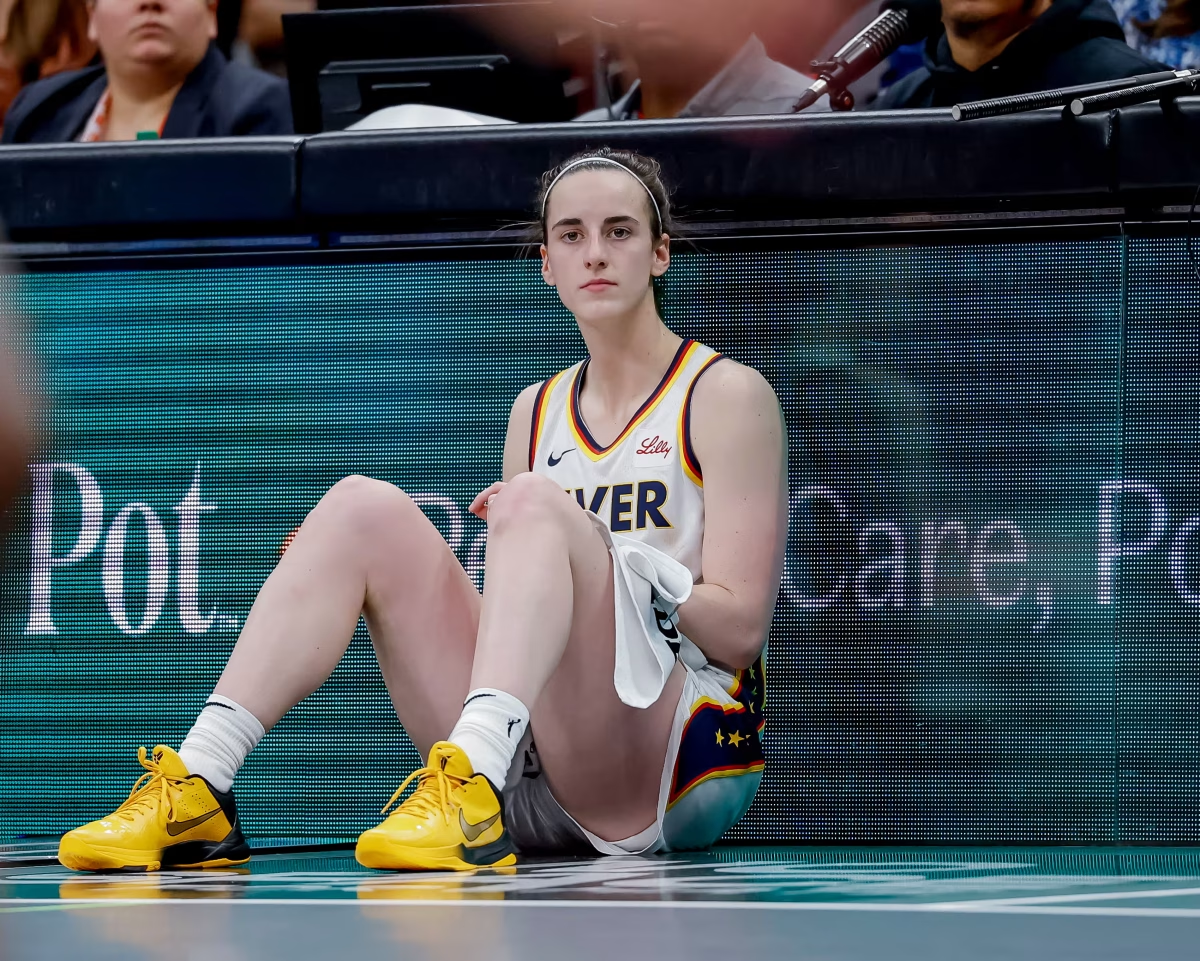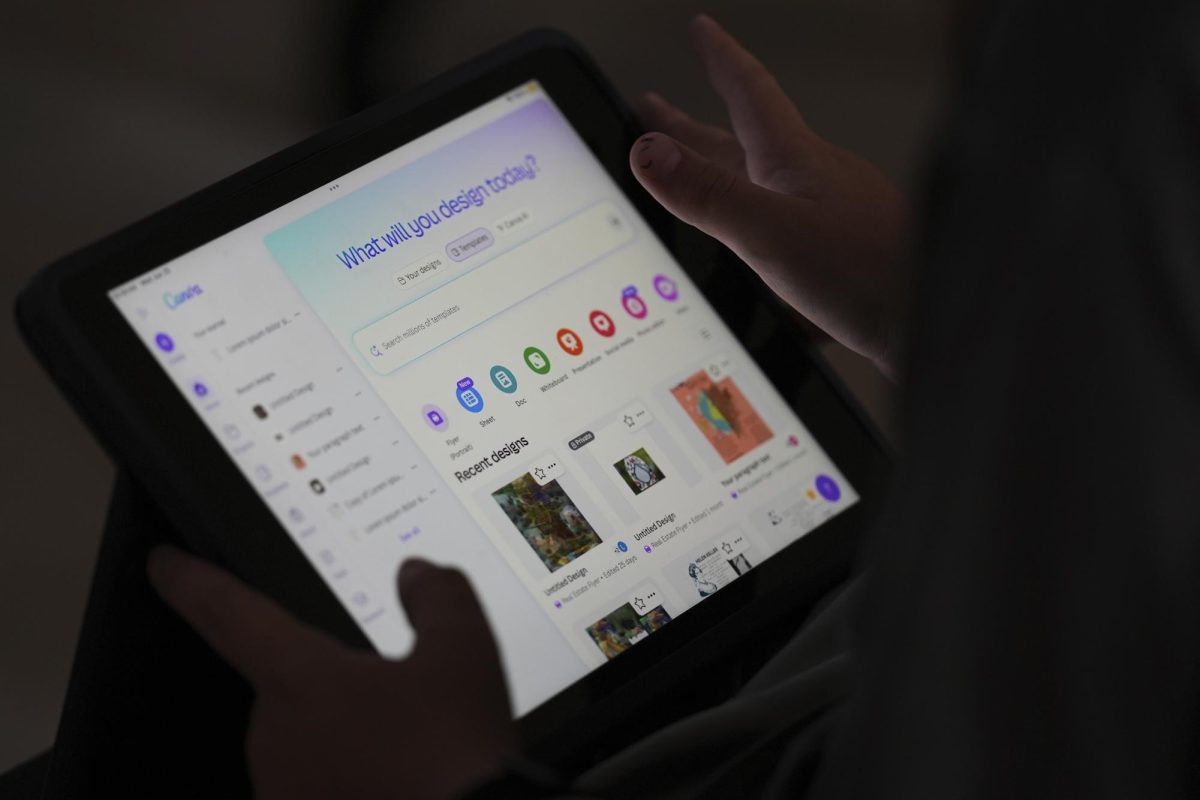Pop Music In Modern Life
November 19, 2021

People across the world have been attracted by present pop culture. Teens are bombarded with messages and trends in the current generation. The mainstream defines mass media (or pop music) as what the fashions are, what individuals should dress, what they listen to, how they must behave, and who they will seem like. In return, pop culture, via films, TV, newspapers, catalogs, advertising, clothing, and entertainment, adversely characterizes who one must appear.
There is a norm for how individuals should appear in modern journalism. Images inside the media now portray an unattainable, if not hazardous, ideal of female beauty, which may significantly affect how women see themselves. The “perfect” appearance depicted in the press is difficult to attain. Designers comprise a substantial portion of their days manipulating or shaping their physique, and pictures of celebrities are nearly always edited or improved in some manner. Even just the models do not resemble the models in their fashionable photos (Gonzalez, 2020). Even though the appearance of these ladies is virtually fictional, females of all kinds compare and find themselves going to extreme lengths to attain that perfect look. These powerful approaches may include improper diets, weight-loss medications, disordered eating, and unnecessary surgery. Once they do not meet the media’s beauty standard, many women will experience despair and other aspects of psychological disease. The issues that arise are the consequence of contemporary culture, and rather than prominent people assisting in putting a stop to the point, they fuel the flames. One problem with self-esteem and body is how popular culture portrays women as having the “beautiful appearance,” creating gender disparity. This portrayal of women in the media exposes them as things to be watched rather than appreciated. For girls, sexism begins at an early age.
The depiction of men and women in the media may have serious consequences. Males and females who are unable to reach this cultural norm, which constitutes the majority of people, psychologically beat them over, developing unfavorable opinions of themselves, which leads to poor self-esteem ( Kirsten, 2021). This poor body image impacts women more deeply than males, as shown by the higher proportion of anorexia and bulimia nervosa women compared to men. It has such a significant impact on them that research has shown a link between poor body image and the likelihood of suicide in women.
Pop culture often portrays males as this romantic figures who can sweep ladies off their feet. These pictures put a great deal of pressure on females and males to stay true to unrealistic standards. To match the societal norm, women embark on dieting; many be even mentally disturbed or have anorexia. Females who fail to fulfill this criterion lose self-esteem and trust in themselves, impairing their capacity to operate well. Gentlemen are like women but not as harsh. Popular culture hurts everyone right now. It encourages individuals to become this unattainable perfect person and leads them to understand that having sexual relationships, using narcotics, and performing violent acts are normal.























